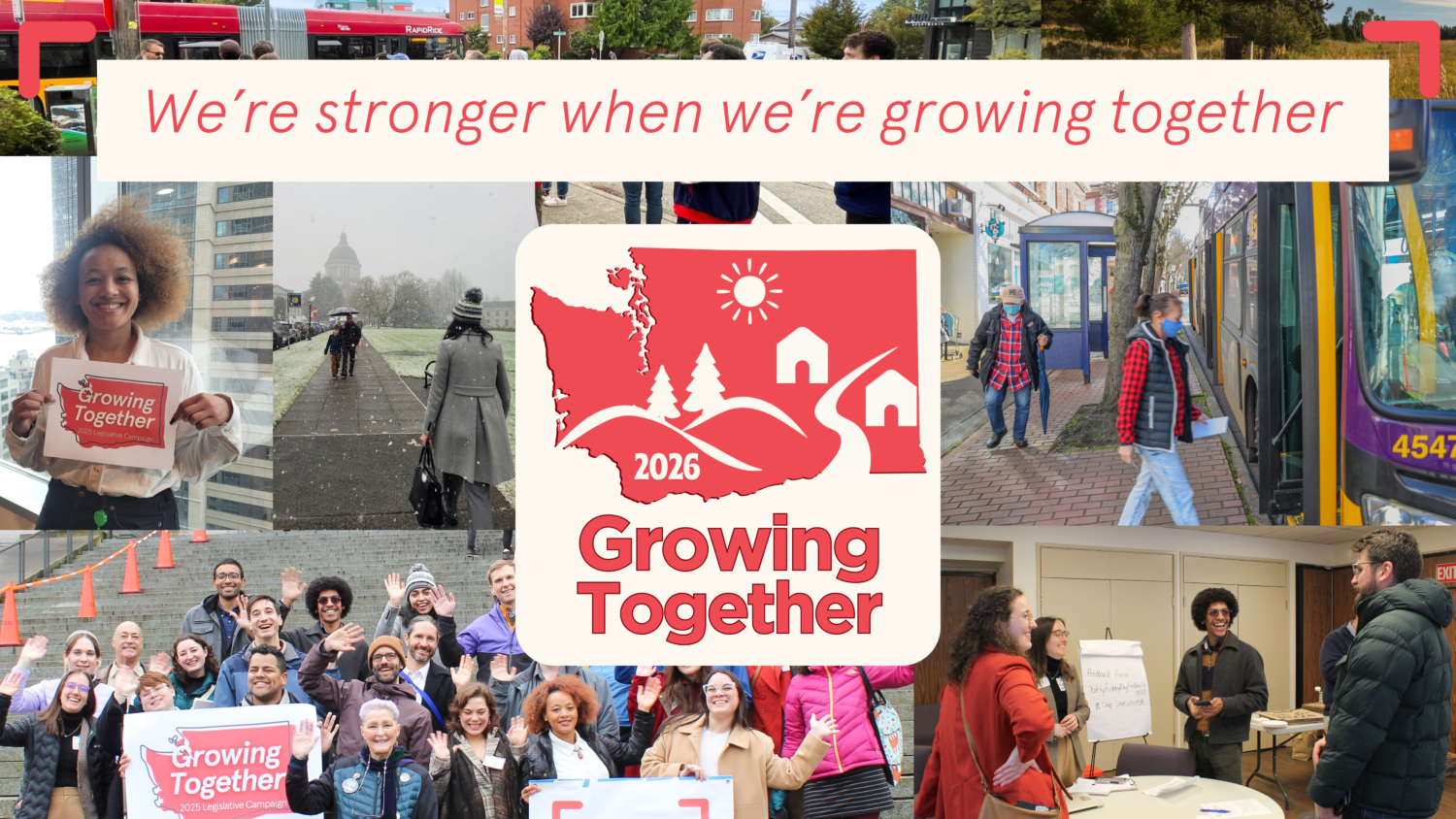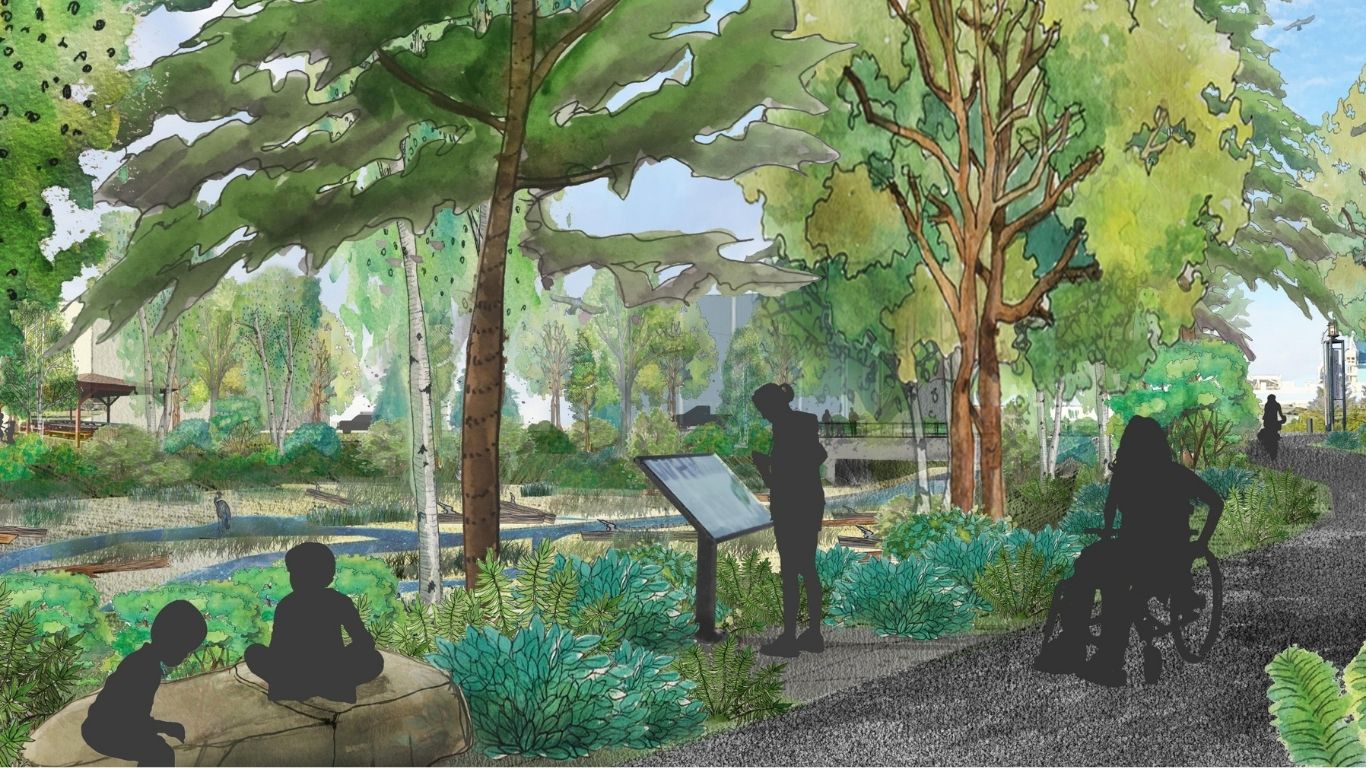What It Will Take to Close the Vesting Loophole in 2022
This article was originally published in The Urbanist
This is the third installment of a three-part series that explains what the Growth Management Act Vesting Loophole is, what it looks like in practice, and how Futurewise is working to fix the loophole in 2022 to protect our rural lands and communities.
A decades long attempt to close the ‘vesting loophole’
For the last 12 years, Futurewise has worked with partners across the state and allies in the legislature to close a crucial loophole in the Growth Management Act (GMA) known as the vesting loophole. For a more in depth look at what the vesting loophole is and how it undermines the GMA, as well as how it has impacted counties across the state, check out the first, Goodbye Farmland, Hello Mega-Mansions, and second, How the GMA’s ‘Vesting Loophole’ Works in Practice, installments of this series.

What’s in the bill?
The legislation that we have been working on and advocating for over a decade offers a simple solution to the vesting loophole. In layman’s terms, the bill would ensure that controversial land use changes by counties don’t go into effect until after a ruling by the Growth Management Hearings Board. If the GMHB rules against a land use change (for example expansion of the urban growth boundary or removing designations for agricultural lands), the change can’t go into effect. Essentially, this amendment to the GMA would prevent counties from issuing permits to developers until after the GMHB has the opportunity to decide whether their proposed action is legal. Loophole closed, easy as that.
Are you a total land use nerd? Here’s the more detailed explanation: If passed into law, the bill would change the effective date of any land use decision that expands a UGA, removes the designation of agricultural, forest, or mineral resource lands, and other related actions until 60 days after the date of publication of notice of adoption of the comprehensive plan, development regulation, or amendment to the plan or regulation. Under the circumstance where a county’s decision is appealed to the GMHB, the decision will not take effect until the GMHB has issued its ruling.

If it’s such a simple fix, why hasn’t it passed?
Or, maybe not so easy. As you may have noticed, this legislation was first introduced in 2008. That’s 13 years ago. Every year since then, Futurewise has worked with our organizational and legislative allies to close this loophole, which effectively undermines the entire intent of the GMA, to little avail. In 2021, Senate Bill 5042 came closer than it ever has to passage. But unfortunately, overwhelming opposition from the Building Industry Association of Washington, the Washington Realtors, and the Association of Washington Business tanked the bill.

Vesting is a critical, but niche, land use issue, which presents challenges in building a broad coalition that can stand up to business interests. It is hard to explain, which presents difficulties when we try to get legislators, advocates, and organizations to go to bat for it. This year, we are hoping to overcome these obstacles once and for all. So Futurewise is strategizing, once again, about how to get SB 5042 over the finish line in 2022. It all starts with education, and we need your help. If you haven’t yet, give the other two articles in this three-part series a read and share them with other people in your life who care about reducing sprawl and preserving our rural landscapes.
Help us ensure that no more farmland or forests are unnecessarily lost to suburban sprawl by urging your legislators to vote YES on SB5042 in the 2022 legislative session.


